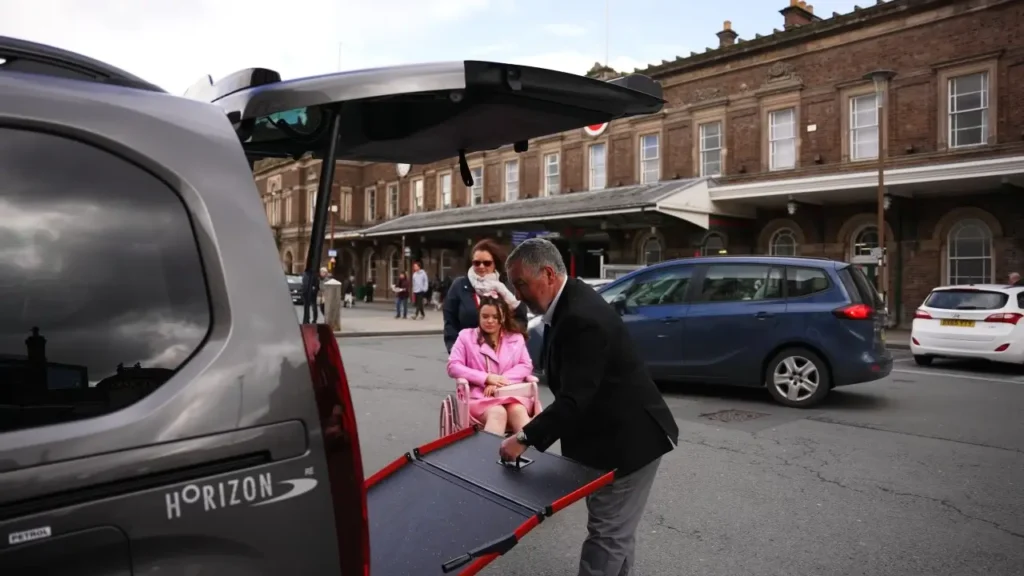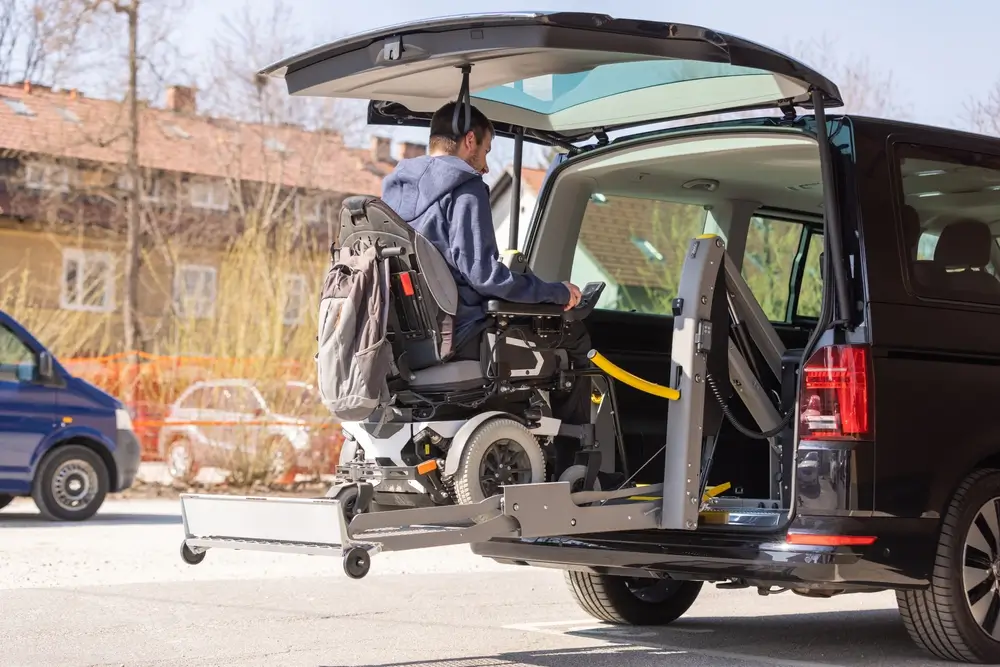No one thinks it will ever happen to them.
Disability felt like some far-off thing that I would never have to deal with. I was an active, energetic performer. Even when I got sick, I presumed that I would get better just like everyone else.
Whatever I thought I knew about health and wellbeing changed all at once, without my even noticing.
The Show Must Go On… Right?
For me, becoming disabled was not like it is in books or movies. There was no big accident, and we were surrounded by attentive professionals and a clear before and after.
It happened incredibly slowly, yet all at once.
I caught a bug in my last year of high school, and never really seemed to recover. Things only got harder, despite test results suggesting there was nothing clinically wrong with my body.
As a performer, there was no alternative other than to keep going even when my first year of my degree was a revolving door of hospital admissions and tearful attempts to keep up.
It was not until the end of that year, when there was no use pretending anymore, that a doctor suggested I might have Myalgic Encephalomyelitis. Following a referral, I was diagnosed. I had a name for what was wrong with me.
Now what?
When Did I Become Disabled?
Again, I tried to adapt. I changed degrees, though my brain felt as if they were speaking a language I did not recognise. The clinic suggested a walking stick, given my weak legs and dizziness. When it arrived, I stared at it on the floor. Maybe it could be a temporary fix, like crutches after an injury. I expected it to collect dust.
Before long, I was unable to leave the house without it. When the opportunity came for a wheelchair that had been used in a local production (how on brand?!), I reluctantly accepted. At first, I would only use it after dark.
Despite the fact I was using a wheelchair – and finding it dramatically helpful – it had not occurred to be that I could identify with the word ‘disabled.’ What had I done to earn it? Was I really affected by my illness, or was I not trying hard enough?
That is part of the confusion surrounding the identity of ‘disabled.’
There will always be someone whose life is more severely impacted than yours. No one sits you down and tells you, ‘So, now, you’re disabled!’ There is no ceremonious moment that defines the new version of your life. Without even realising, I had become a disabled woman. I was not even sure I had earned the title, yet I had to try to make others around me believe it too.
Wait – Am I Ableist?!
Getting sick made me confront so many things about myself that I hadn’t realised had become part of the way I show up in the world.
Like many, I’d based much of my identity on what I provided. I was ‘a performer.’ I was always energetic. The loud one that was always there when you needed her. Without these pillars, I had no clue who I was supposed to be.
As it turns out, a great deal of the way we are raised has undercurrents of ableism. Our existence has never been ranked by how productive we are or what we contribute. Yet, here I was, feeling inadequate because I couldn’t keep up. Unworthy, because I needed help.
But given the way much of our society is constructed, who could blame me?
My New Normal
I’d love to say that my world didn’t change when I got sick, but it was the complete opposite. People treat you differently; often infantilised, at times disparaging. Given the nature of my illness, you could only tell I was unwell when I used a mobility aid such as my wheelchair, which made even the people closest to me look at me with a tinge of pity. That, or avoid looking at me altogether.
I used to perform. I wasn’t having people avoid eye contact. Hence, ending up with a pink wheelchair.
In search of a meaning to it all and in need of support, I started my Instagram account, @ellie_ology. It became this place for me to work through all the confusion, pain, and loss, while I decided on a new purpose for my life.
I’m grateful for the direction that I ended up going in, because I made the best out of what happened to me. Of course, I wish I weren’t sick. But life was a great deal harder because of the inaccessibility and ableism that ran rampant around us without anyone noticing. It’s the sort of thing you don’t realise until you’re on the receiving end of it, and unfortunately, not many people tend to pay attention when it doesn’t directly affect them.
This Could Be You, Too – No, Really.
The fact is that most of us can and will be disabled at some point in our lifetime. It’s also widely proven that accessibility helps the many as opposed to excluding the few, so why shouldn’t it become the norm?
We should be encouraging tolerance and acceptance, as opposed to the romanticised view of burning yourself to the ground as a sign of determination. If someone had taught me the value of rest or normalised reasonable changes, there’s a version of my life where things worked out differently.
Becoming disabled changed my life and the way in which I see the world around me. Perhaps it made me a more compassionate person, strengthening parts of me just as much as it weakens my body.
If I learned anything, it’s that disability is not the enemy as much as inaccessibility is. We cannot help what happens to our bodies or what we are born with, but we can control accessibility. I think it’s about time we did.




